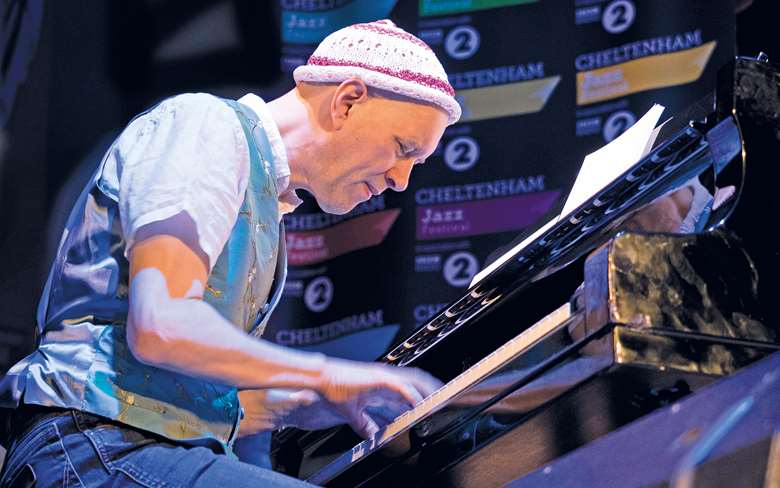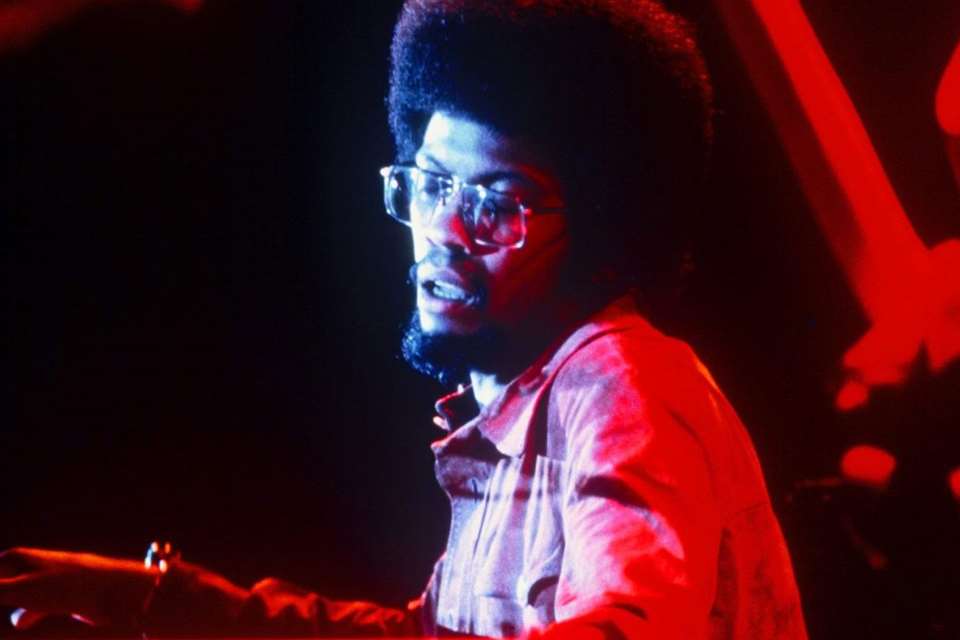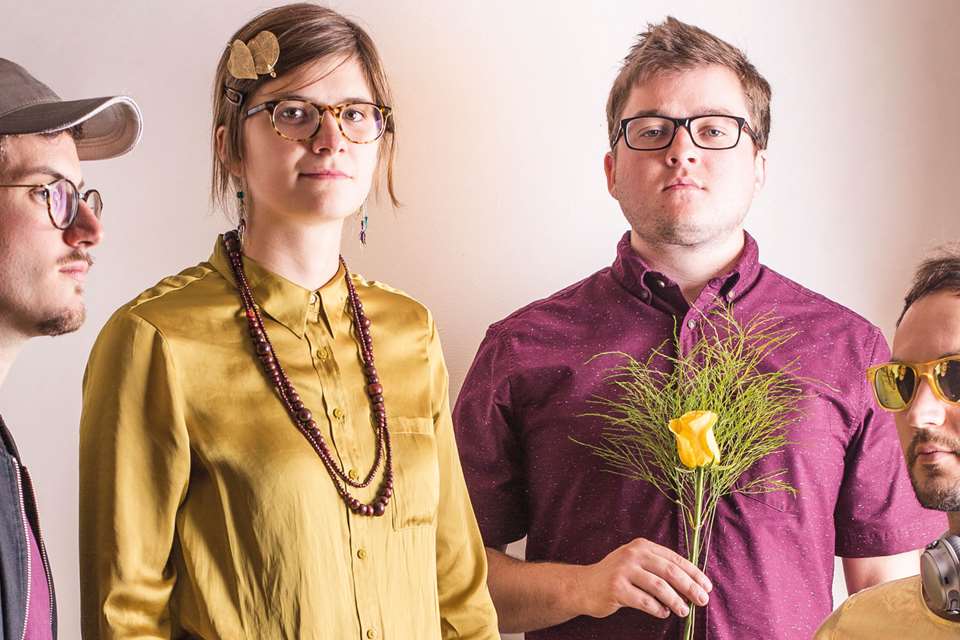Cheltenham Jazz Festival: the past and the future
Alyn Shipton
Wednesday, April 26, 2023
With the 2023 edition of the Cheltenham Jazz Festival starting today - Alyn Shipton spoke to adventurous artistic programmer Tony Dudley-Evans - who's been involved since the event's inception and steps down this year - and asked him to look back at his fondest memories and forward this year's personal highlights


Register now to continue reading

Thank you for visiting Jazzwise.co.uk. Sign up for a free account today to enjoy the following benefits:
- Free access to 3 subscriber-only articles per month
- Unlimited access to our news, live reviews and artist pages
- Free email newsletter

